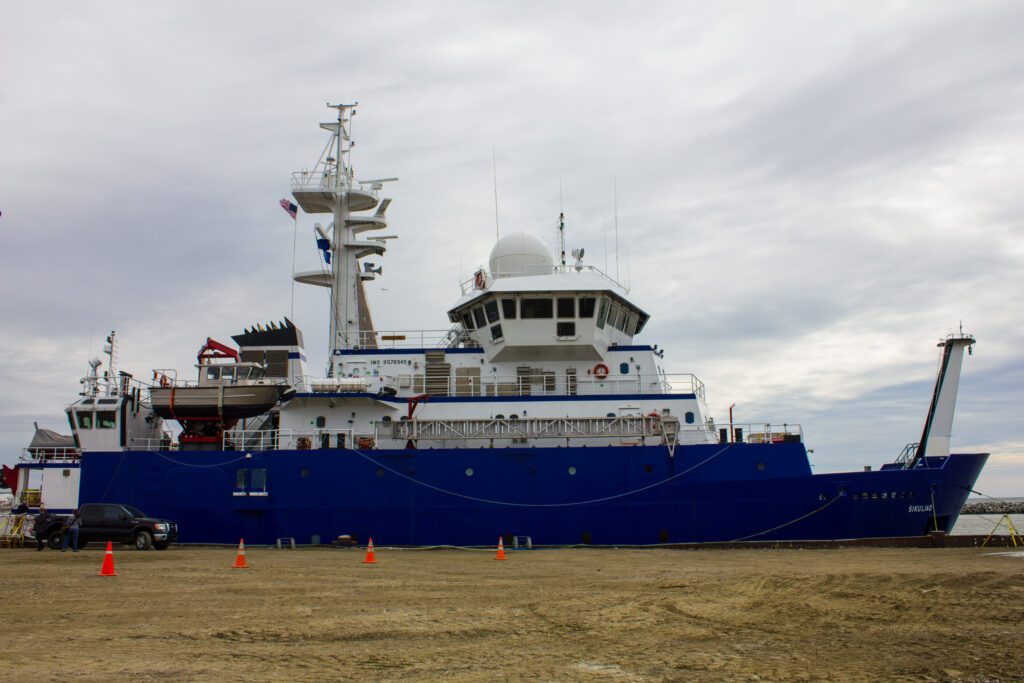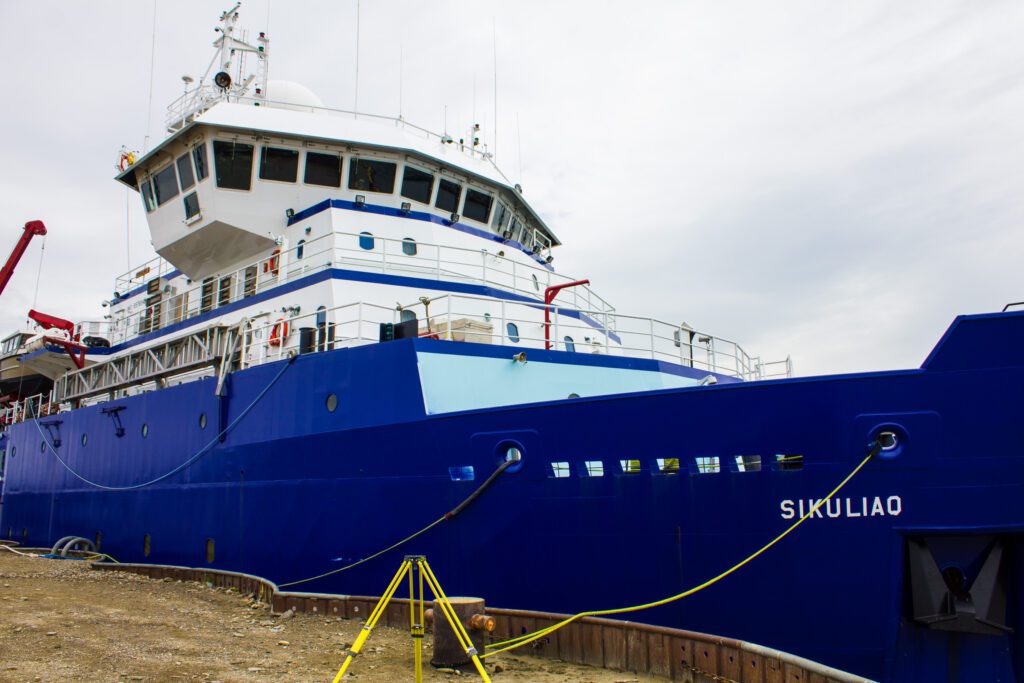American oil giant ExxonMobil has started drilling Russia’s northernmost oil well, in the Kara Sea off the northeast coast of Siberia, at a latitude slightly north to that of Barrow.
The well is part of a joint project between the Russian state-owned oil company Rosneft and ExxonMobil to develop the region’s oil reserves, which are estimated at up to 100 billion barrels.
The off-shore drilling is in waters off of the Kara Sea’s continental shelf zone. The “University-1” well drilling is planned for August through October, the period when arctic ice is at its nadir. The drilling is set to take place in waters about 260 feet deep (80 meters), with a total well depth planned at roughly 7,710 feet (2,350 meters). ExxonMobil writes in an online release that University-1 is planned to be a “conventional well,” stating that “high pressures and temperatures are not anticipated.”

The Russian-American project, valued around $700 million, comes despite deteriorating relations between Washington and Moscow over the crisis in Ukraine, in which each side has hit the other with sanctions, including shipments of Alaska seafood.
The drilling comes comes as ExxonMobil and Rosneft continue to move ahead with additional plans for seismic surveys in the Russian Chukchi Basin above the Chukotka Peninsula west of the Bering Sea.
Information from ExxonMobil says in 2014 alone, the company undertook geophysical and environmental studies in the Chukchi Sea, as well as in the Laptev Sea in the Russian far east.
The Associated Press contributed information to this story.







